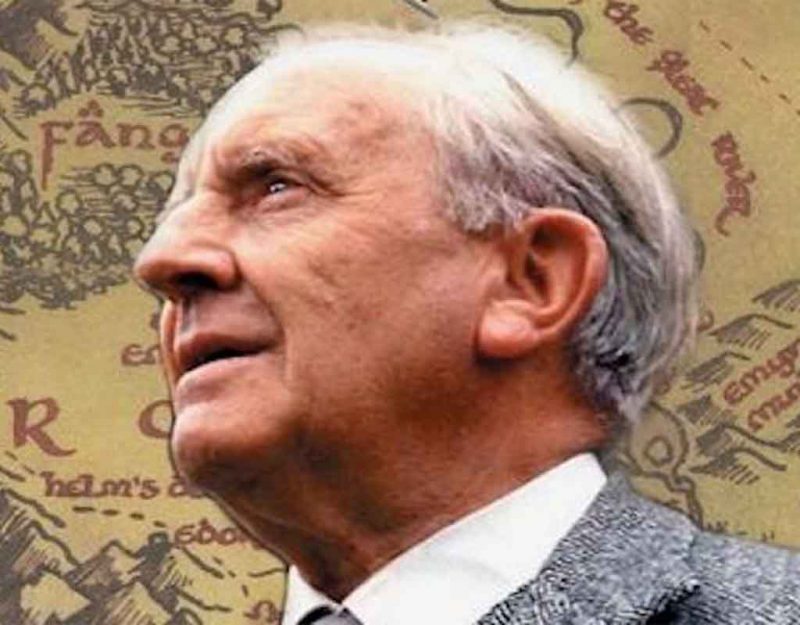The Real Middle Earth (2007)
Narrated by Ian Holm (Bilbo in the movies), this documentary knows how to keep things blessedly short and is able, therefore, to cut to the core of several aspects of Tolkien without attempting to be completist.
If you are looking for a birth-to-the-grave assessment of Tolkien’s life and writing, this is not it; this film simply tries to answer the question, “If Middle Earth is not allegorical, what does it symbolize?”
Consulting with a variety of experts, the filmmakers find numerous influences on Tolkien in terms of place names and places he enjoyed during his life that re-appeared as feautures of Middle Earth.
Eventually they get to the core of the argument in his books, showing how the Hobbits were inspired by the “half men” of the modern era and Tolkien’s work was defined by “nature versus mechanism.”
In this sense, they get us past the idea that Sauron or Saruman could be proxies for the Nazis or Soviets; they represent the “mind of metal and wheels” which happens when humanity loses sight of the goal of living, which is to appreciate beauty.
Like many Anglo Christians, Tolkien incorporated classic works like Beowolf and The Odyssey into his understanding of the Bible, seeing them (historically correctly) as examples of the thinking that was its inspiration.
By doing this, he escapes the children’s story of good-versus-evil and achieves more of an ancient view where humankind is struggling for mental clarity, and the enemy is mistaking method for goal.
While this clearly is not a high-budget film and most of the action consists of experts talking while surrounded by books, it nonetheless brings out some of the ideas behind Tolkien and is essential watching for any modern reader.
Tags: ian holm, j.r.r. tolkien, mechanism, naturalism, saruman, sauron










